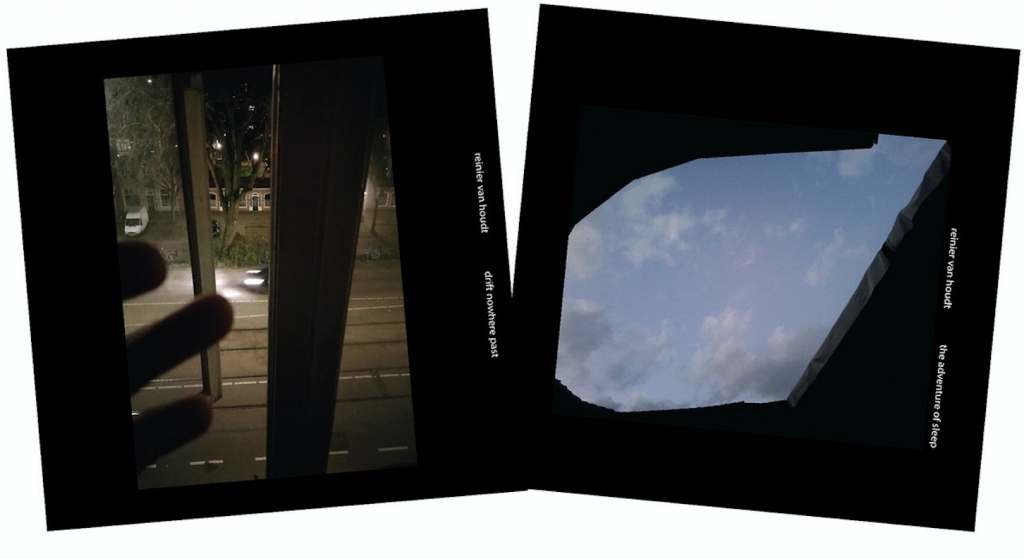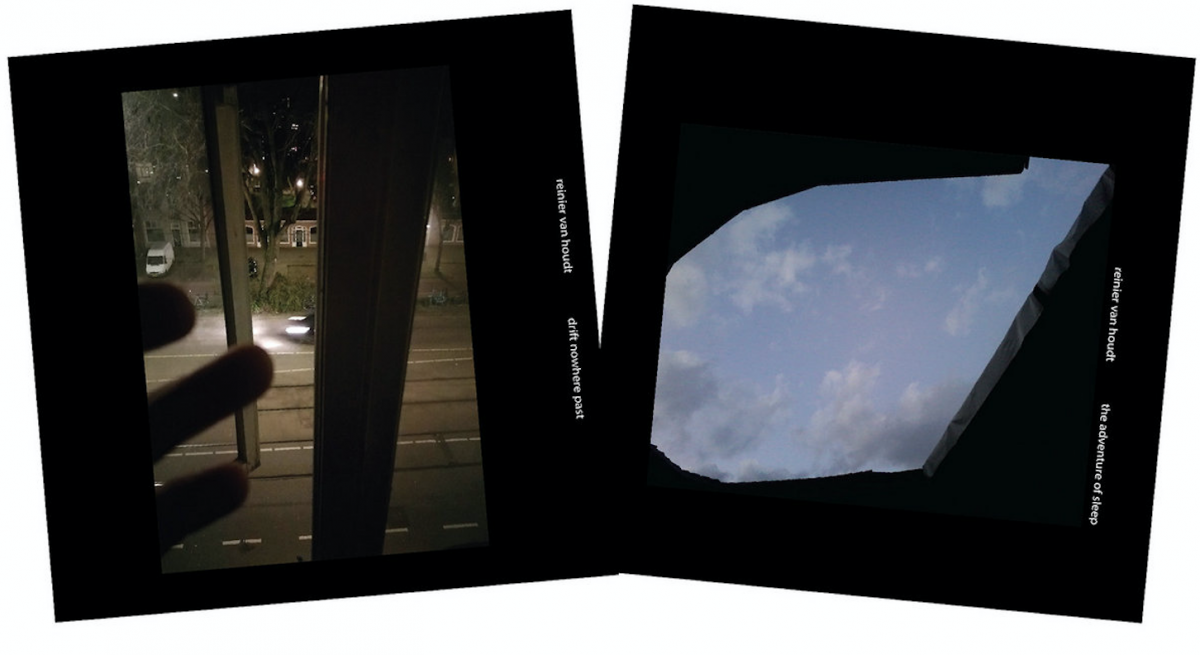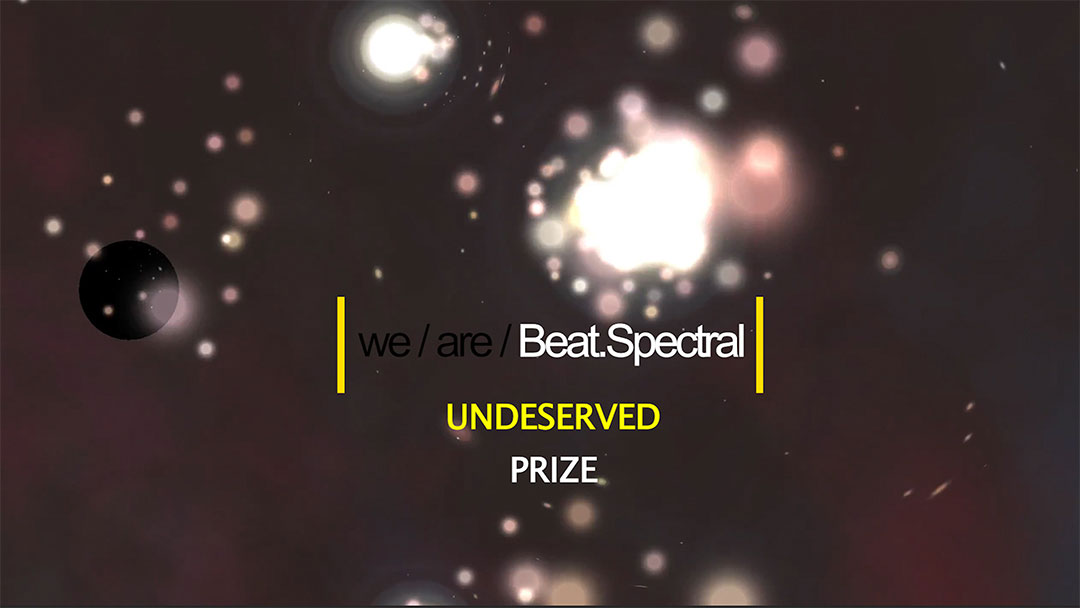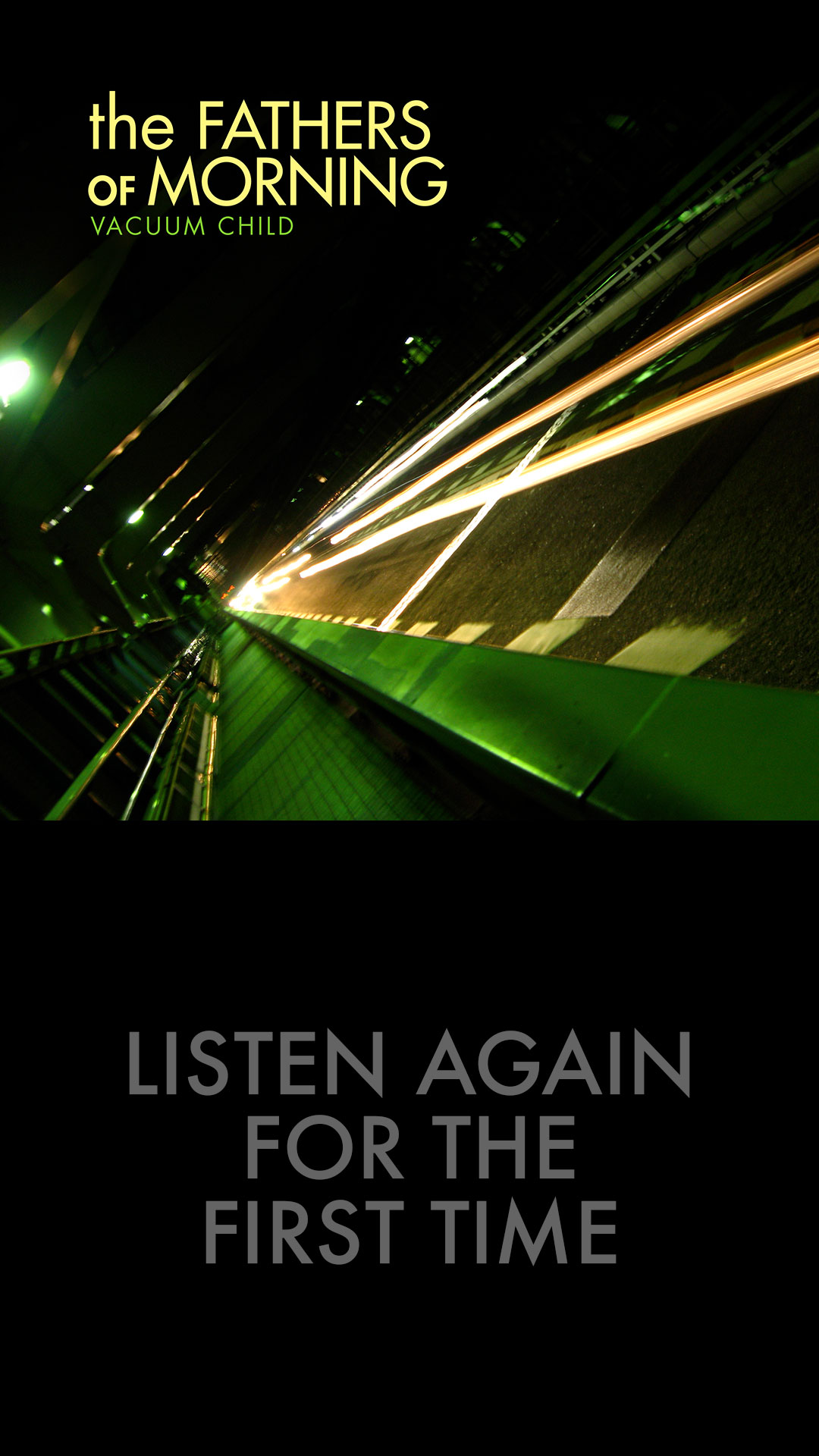
Reinier van Houdt is best known as an interpreter of new piano music, in which capacity he has performed compositions by Alvin Lucier, John Cage, Michael Pisaro and Robert Ashley. He’s also a key member of Current 93, the experimental collective helmed by mystical songwriter David Tibet. But van Houdt isn’t just a facilitator and communicator of other people’s visions. He also creates his own music, which delves deeply into the matter of making the ineffable palpable.
The genesis of Drift Nowhere Past/The Adventure Of Sleep was Erstwhile Records proprietor Jon Abbey’s response to the initial COVID lockdown. Confronted with the impossibility of planning a concert festival and the awareness that many artists were cut off from their usual opportunities to perform, Abbey instituted an online festival to present newly commissioned sound art that defied the moment’s isolation. Over a span of six months, beginning on March 20, AMPLIFY 2020: quarantine published 240 pieces, which can still be accessed via Bandcamp and the event’s Facebook and blog pages.
One of the first—and ultimately most prolific—contributors was van Houdt. His six offerings felt like bulletins from a space bounded, on one hand, by the unreality of the pandemic and humanity’s reaction to it, and on the other, by a zone of untouchable mystery that defied the ugly facts of life and death on the ground. They added up to about 74 minutes of music, which fits nicely on a CD. But when Elsewhere Records first determined to compile Drift Nowhere Past, the label also asked van Houdt to make a counterpart recording. The development of that follow-up corresponded with the liberating summer of 2021 and the subsequent, Delta- and Omicron-driven lockdown episodes.
On March 22, just two days after AMPLIFY 2020:quarantine went live, van Houdt submitted his first installment. If the track “Drift Nowhere Past” hadn’t been so compelling, the story might have stopped there. It opens with two alternating piano notes, which course throughout the piece. Gradually, other sounds appear: a third piano note, some outdoor traffic sounds, a tolling bell, a woman singing and speaking to herself in French. Although the piano asserts a rhythm, the music feels quite still, as though the atmosphere had vanished, but somehow left perceivable sound behind. Near the piece’s end, nameless dissonances swell, ending the music on a note of apprehension. What comes next? At the time, no one had any idea, but I know that when van Houdt delivered a second track exactly one month later, I was pleased to have the chance to find out what else he’d made out of, to use his words, “what I played, listened to, recorded, played back, read, watched, heard or imagined” during another month of quarantine.
That next report, “Friction Sleep Maze,” begins with threads of synthetic sound pushing like worms through an airless void. But if van Houdt was still stuck in the house, his mind was not. A sequence of sampled creaks, groans and voices drift by, while van Houdt picks out notes that seem to get bumped aside by the flotsam. At one point, his own playing is pushed away by someone else’s piano recording, as though we’re listening in on a moment of solitary. Even when you’re locked in, the work continues.
Each track on Drift Nowhere Past is a world unto itself, but the cumulative effect is like re-reading a series of letters sent during a time of trial. They share the writer’s mundane musings, emotional extremes and considered recommendations, bringing you closer to the author and the time, but you always know that you’re remembering.
The Adventure Of Sleep uses similar elements, but it doesn’t feel the same. Nor should it, since it was made in conscious response to the AMPLIFY tracks. He may have been working in another time of confinement, but van Houdt did so with the complicating knowledge that quarantine can be survived, and eased, and reinstituted. This pushed van Houdt deeper into the material, but also infused it with a sense of self-observation. For instance, on “A Stitch In Time” (the first of the album’s four parts), van Houdt’s piano is situated in the background, like a representative of unconscious awareness while the composer sets his mind to manipulating collected delineations of time and mystery in the foreground.
The Adventure Of Sleep is less than half the length of its counterpart. This brevity may be an acknowledgement that if, when you’re first going through something, you need to process it at length. When you’ve learned what you need to get you through it, however, you become more concerned with the efficient and effective use of your tools. As van Houdt has honed his facilities, the music’s quiet power has only grown.
—Bill Meyer














